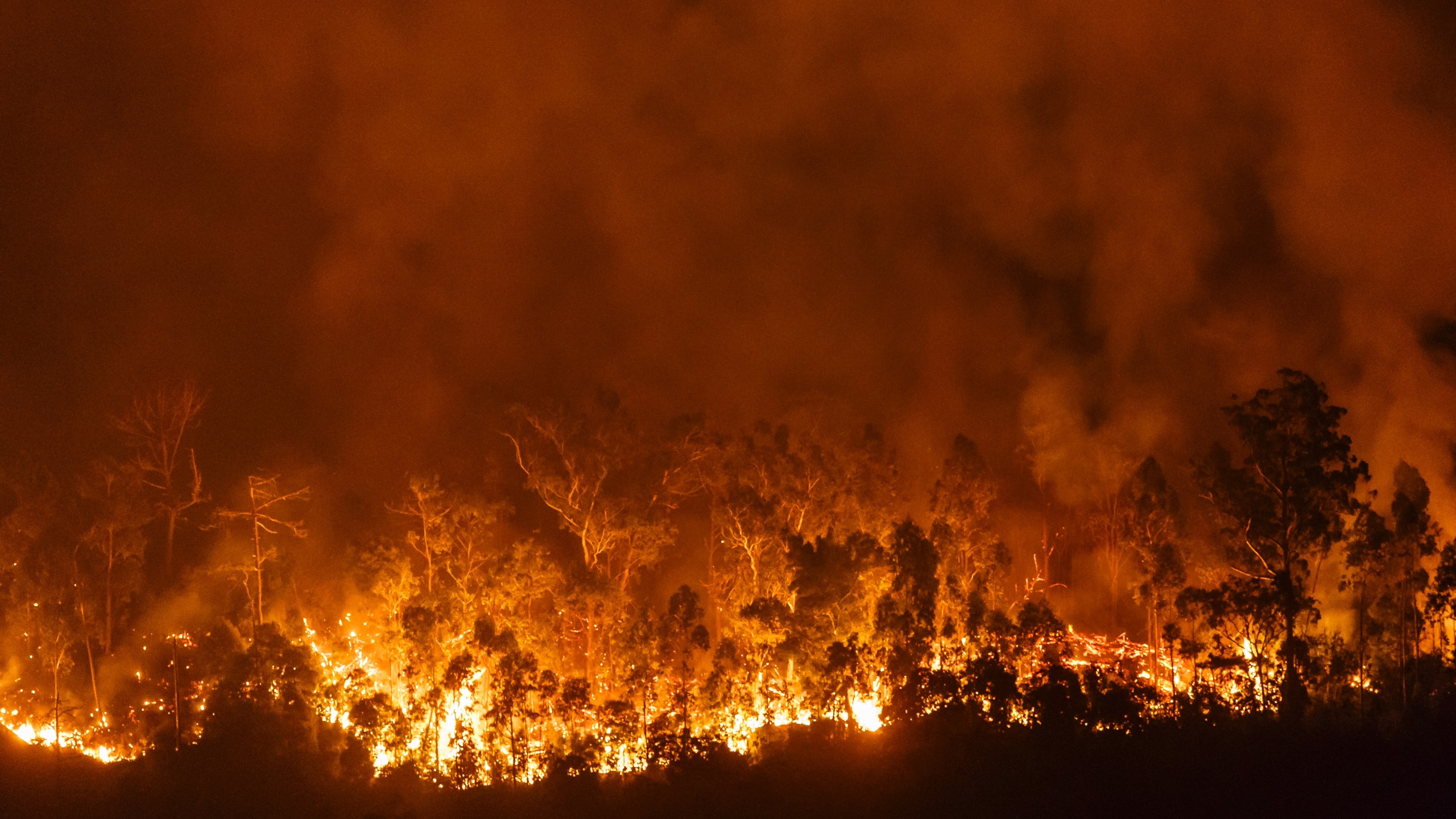Sydney Business Insights

Megatrends watch
The kids won’t be OK
If the planet continues to warm on its current trajectory, the average 6-year-old will live through roughly three times as many climate disasters as their grandparents
The Washington Post | September 2021
The intergenerational inequality of climate change
Published in the journal Science, this intergenerational eco report finds if the planet continues to warm at its current trajectory the average kindergarten kid will live through about three times as many climate disasters as their 1960s born grandparents. That’s twice as many bushfires, 1.7 times as many tropical cyclones, 3.4 times more river floods, 2.5 times more crop failures and 2.3 time as many droughts.
Worse in Africa
Unless we manage to limit warming to 1.5 degrees Celsius above preindustrial levels (according to Climate Tracker we are currently heading for 2.9ºC by the end of this century), today’s children will be exposed to an average of five times more disasters than if they had lived 150 years ago. However, life events will be significantly worse for young people growing up in developing nations: children in Sub-Saharan Africa will live through 50–54 times as many heat waves compared to their preindustrial fore-bearers.
Unfair burden
Since more than half of the world’s greenhouse gases were generated after 1990, today’s children will be forced to endure the consequences created during their parents’ lifetimes.
Action stations
The climate change and resource security megatrend highlights the necessity for corporations to disrupt their business-as-usual approach. The latest IPCC report states it is now ‘almost inevitable’ that temperatures will rise by more than 1.5 degrees. The UN Secretary General said it is possible to avert climate disaster however he warns that:
“High emitting governments and corporations are not just turning a blind eye, they are adding fuel to the flames.”
A business-as-usual approach will ensure the world will not be able to continue as usual for much longer.
Megatrends watch: climate and resource security
Subverting
Stable
Accelerating
This update is part of our Megatrends Watch series, which tracks developments that inform our six global megatrends….
Image: Michael Held
Sydney Business Insights is a University of Sydney Business School initiative aiming to provide the business community and public, including our students, alumni and partners with a deeper understanding of major issues and trends around the future of business.
Share
We believe in open and honest access to knowledge. We use a Creative Commons Attribution NoDerivatives licence for our articles and podcasts, so you can republish them for free, online or in print.









